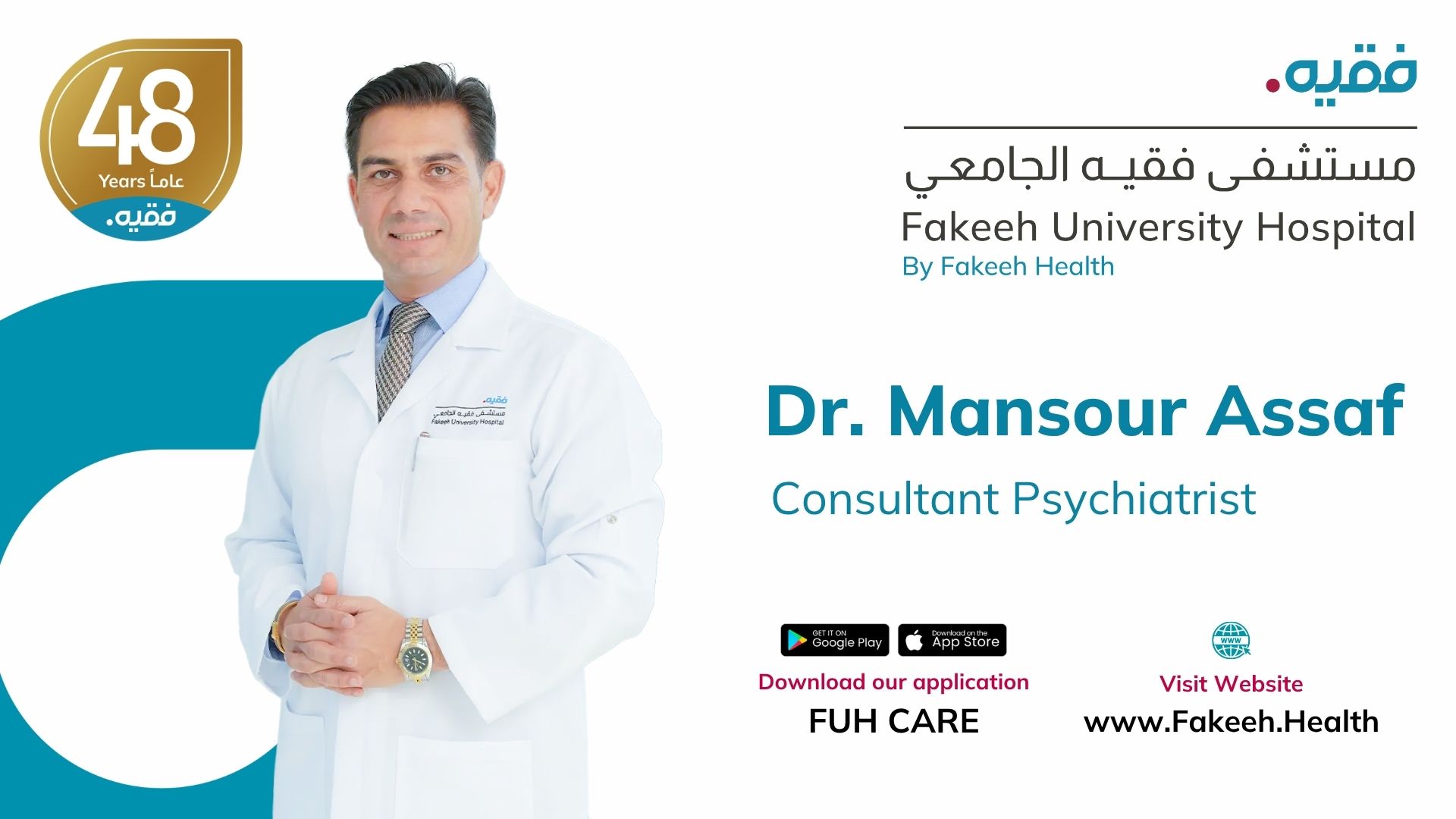
Postpartum depression (PPD) is a serious mental health condition that can affect mothers after childbirth, and recognizing its early symptoms is crucial for both maternal and infant well-being. According to leading psychiatrists and mental health experts, ignoring the psychological changes that follow delivery can have long-term effects, not only on the mother but also on her child’s emotional and social development.
Postpartum depression is a form of depression that occurs after childbirth. Unlike the “baby blues,” which typically resolve within a couple of weeks, PPD can last for months and may require professional intervention.
Dr. Mansour Assaf, a psychiatric consultant at Fakeeh University Hospital, explains, “Postpartum depression disrupts the natural communication between a mother and her infant, affecting the child’s ability to form a secure attachment. This secure attachment is essential for the child’s emotional, social, and cognitive development.”

While rare, postpartum psychosis is even more dangerous. This condition causes mothers to lose touch with reality, leading to hallucinations and delusions that pose significant risks to both the mother and baby. Urgent medical intervention is necessary if these symptoms appear.
Mothers with PPD may experience:
These symptoms can have a direct impact on the child. Infants may show early signs of attachment issues, such as:
While these signs do not always indicate a problem, they should be closely monitored, especially if the mother is also showing symptoms of depression.
Family members, especially fathers, play a vital role in monitoring the mother’s well-being and the baby’s social interactions. Providing emotional support and sharing caregiving responsibilities can significantly improve the mother’s condition.
Dr. Assaf stresses that postpartum depression is a real illness and should never be dismissed or blamed on the mother. Treatment options include:
Recovery time varies:
Dr. Assaf suggests four innovative strategies to support mothers:
Postpartum depression is treatable, and early intervention can make a significant difference. Seeking help from a psychological counselor is a proactive step, not a sign of weakness. Addressing symptoms promptly ensures a healthier future for both the mother and the child.
If you or someone you know is struggling with symptoms of postpartum depression or postpartum psychosis, reach out to Fakeeh University Hospital today. Our team of expert psychiatrists, psychologists, and counselors are here to provide comprehensive care and support for mothers and their families.
📞 Book your consultation now and take the first step towards emotional well-being and stronger family connections.